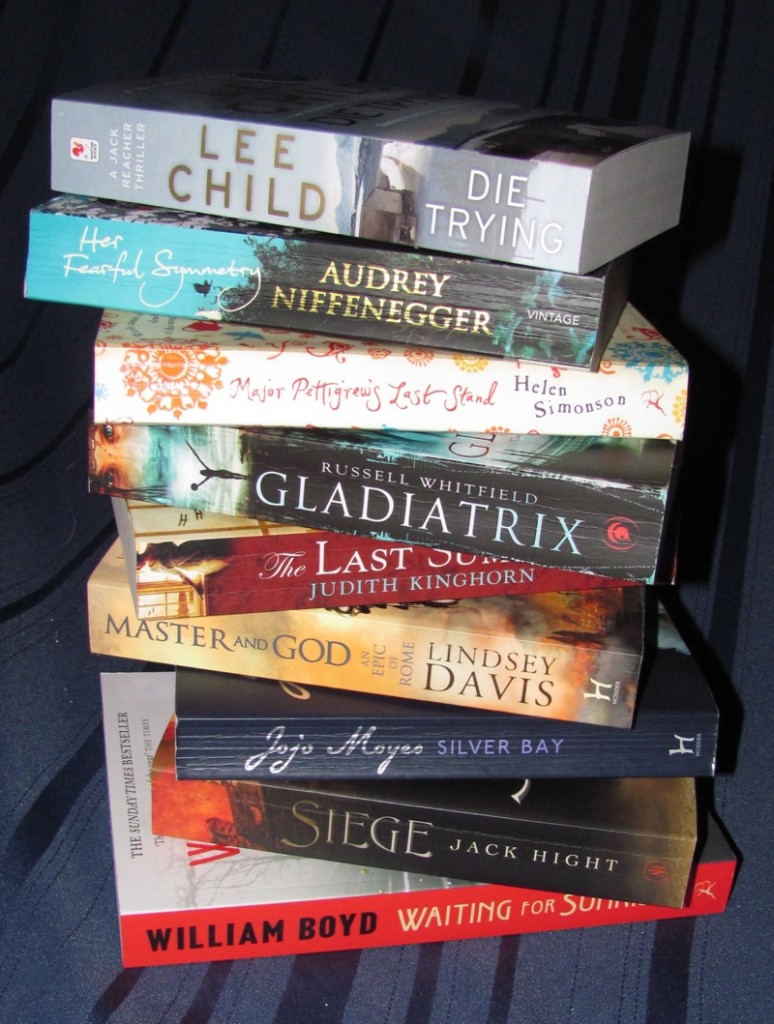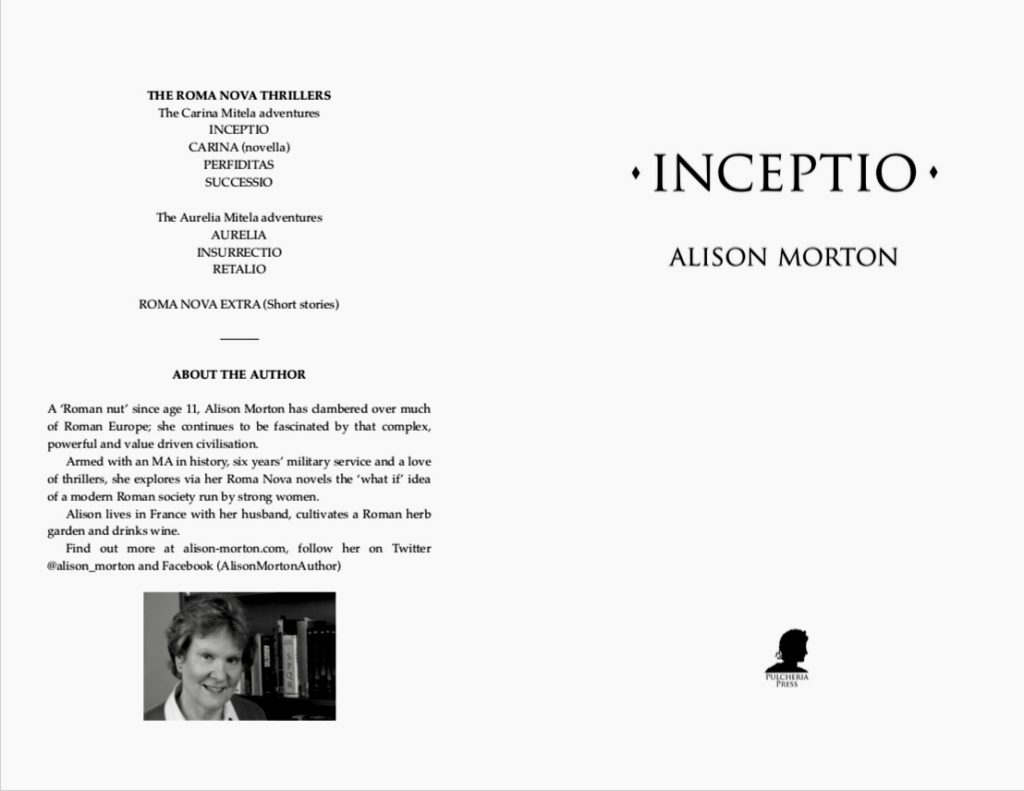 Reviewing books isn’t easy. It takes time and attention, plus sometimes, you have to damp down the pleasure that wells up when it’s a really good read. If I’m grabbed, sometimes overwhelmed, by the power of the story, I read on and enjoy the book, then I go back and read it more analytically.
Reviewing books isn’t easy. It takes time and attention, plus sometimes, you have to damp down the pleasure that wells up when it’s a really good read. If I’m grabbed, sometimes overwhelmed, by the power of the story, I read on and enjoy the book, then I go back and read it more analytically.
However, book reviews are subjective. This is what I tell myself when any of my books receives a one or two-star comment on Amazon; thankfully, it’s a reasonably rare event. 😉
I review for various groups and organisations, sometimes as me and – big secret revealed – sometimes under a variety of pen names. If I know the author and I’m underwhelmed by their latest, I’d rather not hurt their feelings.
Above all, book reviewing must be honest. “It was wonderful, darling!” does nobody any good. As an author, I wonder what the reviewer isn’t telling me. I hope my books are reasonable, but I know they aren’t ideal for everybody or at Nobel-winning level.
As a reviewer, I want to say what’s “wonderful”; how it resonated with me, how well the story flowed, how well-written it was, how natural and complex the characters were. But if there were faults, I think it’s honest to tell the author.
Of course, pointing out problems should be done constructively and only refer to the work, not the author. Pointing out the author has the intelligence of a donkey and research ability of a gnat isn’t very kind. Better to suggest that “more thorough research in area x or y would be worthwhile.”
Which brings me to my chief niggles when I’m sent a book for review…
I review indie and traditional authors, first books and twentieth in series, but I expect a certain standard however the book is brought to market. The author/publisher is asking the reading public for money in exchange for their work so it should be fit for purpose.
Covers vary and I’m not going into that area in this post – there are far wiser heads out there. I’m focusing on the innards of a book. The following are all irritating and bad signs, but they vary in their awfulness. In ascending order…
Niggle 1 (minor) – Front and back matter
Writers are readers and come across a lot of books. It only takes a few minutes for me as a reader to check how the title, copyright, list of other books, a brief author bio, character list, family trees, maps, acknowledgements, historical note, etc. are set out. As a writer I know just how long it takes to set and format these! Although their presentation is nothing to do with the story, it shows the level of seriousness and professionalism with which the writer has approached the whole project of publishing their book. If it’s jumbled, sloppy or missing elements, that sounds alarm bells for me.
Niggle 2 (medium) – Spelling and grammar
Yes, it’s the story that counts, but no, not if the author can’t be bothered to get these basics right. Different Anglophone territories have different spelling systems – colour/color, honor/honour – and different syntax – “Can I get?”/”May I have?” – and vocabulary – boot/trunk, soft drink/soda. Most readers are grown-up enough to take this on board. Indeed, language differences can enhance the atmosphere and setting as can foreign phrases at non-essential points.
But within these systems, language should be consistent and used correctly.
Niggle 3 (major) – Editing
This is separate from Niggle 2 in that all the spelling and grammar can be technically correct, but the book can still be poorly edited. At a basic level, apostrophes, speech marks (whether single or double) are important as are the correct dashes (hyphen, en-dash or em-dash).
But a good edit takes the book into a polished wonder. It’s a process, from the author carrying out the first self-edit, to the structural editor, the copy editor and finally, the proofreader. Critique partners and beta readers can give feedback on structure, cohesiveness and sheer readability but it’s the copy editor who nails the flow and polishes the text.
I’ve just finished a moving story with impeccable research cleverly inserted and very good characterisation, but poorly, if at all edited. Such a pity as it would have been a true ‘good read’ and received five stars instead of four.
Excuses given for not having a book edited
Not knowing how essential it is
Remedy – Ask other informed/experienced authors, research publishing articles from reputable sources, look at your own reviews so far, consult a publishing expert. In short, learn your trade.
Laziness/not caring/being overconfident = attitude problem
You are 99.99% unlikely to be Harper Lee/Joanne Harris/Shakespeare and your book is unlikely to be The Great British/American/Australian Novel. However hard you have worked on your book, you are too close to it, your baby. You will not be able to see its flaws.
But if you can’t be bothered to have your book edited to give your readers a top-notch experience for their hard-earned cash, then shame on you.
You, your auntie, your sister or your friend might be an English teacher/lecturer, but they are not a professional book editor.
Remedy – Examine your attitude while putting yourself in your potential reader’s shoes. Bottom line: if they are discontent with your first book, they probably won’t risk buying the second.
Not having the money to pay for it
This can a genuine problem, but why have you put your book out prematurely? Better not to publish it yet rather than putting a sub-standard product on the market.
Remedy – Try to find a few pound/dollars/euros a week and put them in a locked savings box and give the key to a trusted friend. You’ll need around 5-600 for a good quality edit. Enforced saving will get you on track. Ask for money for birthdays, Christmas, etc. to boost the contents of the box. In the meantime, draft your next book.
Not having the confidence to invest in yourself
This goes hand-in-hand with imposter syndrome, i.e. wondering if you’re good enough to warrant the expense, whether writing is a genuine occupation for anybody to be spending money on, or if writing is nothing more than a pleasant hobby.
Remedy – Ask yourself these questions
How serious are you about your writing?
Is it a life obsession?
Do you want to share it with the world?
Do you want to learn more about your craft?
Do you want to supplement your income?
The answers will help you make up your mind.
Publishing a book is not for softies and the market is a cross between the Amazon jungle and a deserted coral island. You owe it to your readers and importantly to yourself to turn your book into polished gold that will outshine the rest of the treasure out there.
And make reviewers happy.
Alison Morton is the author of Roma Nova thrillers – INCEPTIO, PERFIDITAS, SUCCESSIO, AURELIA, INSURRECTIO and RETALIO. CARINA, a novella, and ROMA NOVA EXTRA, a collection of short stories, are now available. Audiobooks are available for four of the series. NEXUS, an Aurelia Mitela novella, will be out on 12 September 2019.
Find out more about Roma Nova, its origins, stories and heroines… Download ‘Welcome to Roma Nova’, a FREE eBook, as a thank you gift when you sign up to Alison’s monthly email newsletter. You’ll also be first to know about Roma Nova news and book progress before everybody else, and take part in giveaways.
















Poor editing is my biggest beef and it does seem to me that some publishers offer the service to Indie authors for up to £2,500 but don’t fulfil their promises. The use of a spell check will not catch all errors! Any book should look as professional as possible, from cover to back cover blurb and your mum might have done a great painting, but would it make a good cover? I also dislike expressions which surely would not have been in use in the times being written about.
Several boxes ticked there, Richard!
A structural edit or copy edit really shouldn’t cost for than £800 pounds, so I would walk away from anything that suggested £2,500! Good sources of professional editors are the Society for Editing and Proofreading and the Alliance of Independent Authors’ partners lists. Personal recommendation plus references and an open attitude are good indicators.
Two different publishers offered me a contract, Alison; both wanted around that sum, everything thrown in! I have read too many badly edited books to fall for that one!
That doesn’t sound like a standard publishing contract, Richard, but more like a subsidy publishing services offer. Nothing wrong with that if people know what such an offer really is. Although I’d say that was a tad pricey for a services package. But a publishing contract it aint. ! I do wish people offering these services wouldn’t call it a publishing contract; that’s a fib. You made the right decision.